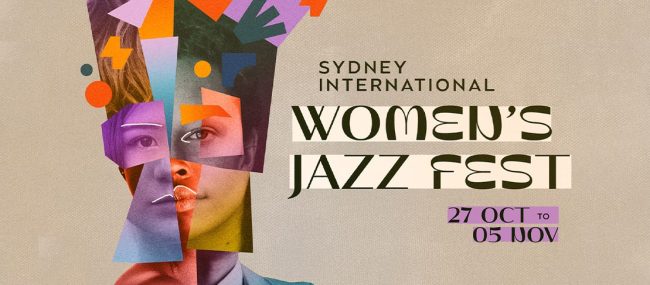Review: Pride – at Palace Verona
Review by Sophia Dorn
What in the world would motivate a group of young homosexual activists to support a group of miners in a crisis?
The answer: Pride.
Based on a true story, this British comedy depicts a group of lesbian and gay activists raising money to help families affected by the British miners’ strike in 1984. However ‘The National Union of Mineworkers’ is reluctant to accept the group’s support due to the union’s public relations worries about being openly associated with a gay group. Therefore, the activists decide instead to take their donations directly to a small mining village in Wales — resulting in an alliance between the two communities.
The plot of Pride is set in the quaint counrtyside of Great Britain. At the beginning of the movie, it is only Mark (Ben Schnetzer), the engine of a small group of gay and lesbian activists, who realizes the parallels between both of the groups. His engagement to collect money as a donation for the miners who are excluded of society, suffering from the strict politics of former prime minister Margaret Thatcher, leads to first approaches between the homosexual activists and the miners. Finally, the primarily antipathy between both groups turns not only into real friendship, but also to a lively cultural exchange, in which the members of each part really start to enjoy getting to know the way of life of the other group.

Film director Matthew Warchus manages to portray the historical facts depicted in the script written by Stephen Beresford with a lot of humour, which makes it enjoyable for the audience to follow the story. However within only half an hour, all barriers are broken and the spectators start to be a part of the story themselves, understanding that Pride is much more than just a comedy.
Pride also includes the confronting topics of AIDS and violence against people who have different orientations and opinions. Nevertheless, the movie does not overdramatise these gloomy aspects, it maintains its positive atmosphere because in the end, the good feeling and euphoria are the aspects that are the strongest.
Last but not least, it is also important to mention that while watching the film, you are going to have a rendez-vous with a lot of well-known actors. Next to Ben Schnetzer, you will probably also recognizse familiar faces of other popular British actors such as Bill Nighy, Imelda Staunton or Dominic West.
Overall, Pride manages to portray a serious topic in a humorous and amusing way. On the one hand I was laughing a lot, but on the other hand the film got really emotional at some points, touching us to the point of tears. Seeing how a group of people with plenty of their own problems did everything to collect money to help some miners getting along with their miserable situation was just amazing. The audience could feel how important it was for the gays and lesbians to help those miners because they knew the feeling of being rejected by society, not feeling worth anything and being discriminated against. Besides, it was also incredible to see how strong and self-confident the activists were, no matter how much they were humiliated and insulted, still staying truthful to themselves, being proud of who they are.
By the end the movie’s message was evidently clear: Everyone should stay true to him or herself, and not be afraid to express it. The movie was very thought provoking, dealing with a topic which is still current in society today.
Pride is screening as part of the British Film Festival, on until 26 November at the Palace Verona and Palace Norton Street. So make sure you won’t miss it!


